Early in January I received the good news that my application to the Fusion Investment Fund SMN strand was successful. What a great way to start the New Year!
The main aim of my FIF SMN project is to consolidate newly developed partnerships with European and non-European researchers and stakeholders. Planned activities include visits to colleagues who were involved in the development of the research proposal “Living with Extreme Events at the Coast” (LEEC), submitted to the EU FP7 call on Environment (Challenge 6.4 Protecting citizens from environmental hazards). LEEC successfully passed stage 1 and we are now waiting for the outcome of stage 2, so keep your fingers crossed.
As my FIF SMN proposal builds from LEEC, I decided to call it “Living with Extreme Events at the Coast Grant Development” (LEEC GraDe). Not very creative, but it reflects well the main objective, which is to explore opportunities for collaborative research in topics related to LEEC. LEEC aims to better understand how extreme storms and climate change in coastal areas will affect flood risk and impact on society, infrastructure, economic activities and the natural environment throughout the 21th century.
Besides, the development of collaborative research proposals, I will also be exploring opportunities for enhancing students’ experience, e.g. through work placements. By the time I submitted the FIF SMN proposal, I had just taken the role of ApSci’s Academic Lead for Placements. In this role, one of my objectives is to increase the offer of research-based placements to our students. So I thought my networking visits would be a great opportunity to discuss with colleagues from organisations in Europe and abroad whether they are interested in offering to our students a research-based working experience. Many researchers systematically plan their fieldwork campaigns or dedicate larger proportion of their time to research in the summer, so a work placement can be mutually beneficial.
I so much believe in the benefits of this arrangement that I am offering two placements this summer to undergrad ApSci students. If you are interested in doing the same, please contact me.
LEEC partners are from 13 organisations spread across eight countries (Estonia, Spain, France, Belgium, Denmark, UK, Mexico and Vietnam). The FIF SMN award will allow me to visit some of these organisations and engage in other networking opportunities. I will be very busy networking throughout 2013! Hopefully the effort will result in the submission of more collaborative research proposals and a number of arrangements made to enrich students’ experiences through placements or exchanges.
The first of my planned activities was to attend the 12th International Coastal Symposium (ICS) in Plymouth (http://ics2013.org/) earlier this month. This is the largest international conference focused on coastal research with over 500 participants, so a great venue to disseminate research results, to keep updated with research progress worldwide and to network! I was invited to be the convener of the Coastal Evolution and Geomorphology session, so worked very hard evaluating abstracts and full papers before the conference! I also presented a paper on the Coastal Management session, entitled “Is managed realignment a sustainable long-term coastal management approach?” You can find a copy of the paper on BRIAN.
ICS offered the opportunity to meet many ‘old’ friends and make new contacts worldwide, including from countries I had none before, such as Trinidad & Tobago and South Africa. I have already exchanged email with a few of the new (and old) contacts and there are very exciting prospects for future collaboration. I have discussed the preparation of a joint paper with a colleague from the University of Rostock (Germany), explored ways to collaborate with practitioners from a government agency in Trinidad & Tobago and I am already working on a proposal with colleagues from South Africa. The most immediate result from networking during ICS was the invitation to visit five different organisations in Mexico, which is planned to happen in June.
Networking is also about maximising the opportunities and I will be doing exactly that next month in Brazil. I was invited to give a keynote talk in the National Symposium of Coastal Vulnerability. As the hosts are taking me to Brazil, I will extend my stay and visit two universities using SMN funds. The plan is to start building a joint research proposal to submit to the Science without borders programme (funding source from Brazil) with the Universidade Federal de Pernambuco and discuss exchange of postgraduate students and other opportunities with the Universidade do Vale do Itai.
Please watch this space for upcoming news!
Luciana Slomp Esteves (Lecturer in Physical Geography, ApSci)
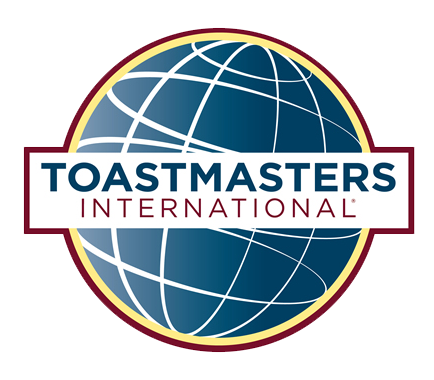 Stand Up & Speak Without Fear – Wednesday 8 May 2013
Stand Up & Speak Without Fear – Wednesday 8 May 2013


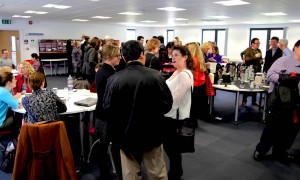
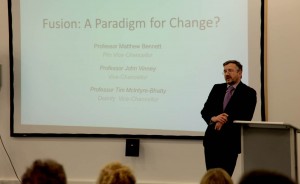
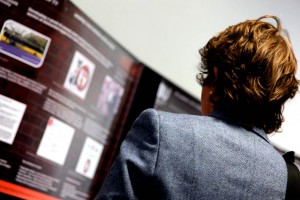


 Mayank Anand, a research student from DEC, has recently presented his work on Lubricant condition monitoring for the in-service lifeboats of the
Mayank Anand, a research student from DEC, has recently presented his work on Lubricant condition monitoring for the in-service lifeboats of the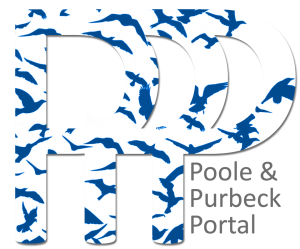

















 Beyond Academia: Exploring Career Options for Early Career Researchers – Online Workshop
Beyond Academia: Exploring Career Options for Early Career Researchers – Online Workshop UKCGE Recognised Research Supervision Programme: Deadline Approaching
UKCGE Recognised Research Supervision Programme: Deadline Approaching SPROUT: From Sustainable Research to Sustainable Research Lives
SPROUT: From Sustainable Research to Sustainable Research Lives BRIAN upgrade and new look
BRIAN upgrade and new look Seeing the fruits of your labour in Bangladesh
Seeing the fruits of your labour in Bangladesh ECR Funding Open Call: Research Culture & Community Grant – Apply now
ECR Funding Open Call: Research Culture & Community Grant – Apply now ECR Funding Open Call: Research Culture & Community Grant – Application Deadline Friday 12 December
ECR Funding Open Call: Research Culture & Community Grant – Application Deadline Friday 12 December MSCA Postdoctoral Fellowships 2025 Call
MSCA Postdoctoral Fellowships 2025 Call ERC Advanced Grant 2025 Webinar
ERC Advanced Grant 2025 Webinar Update on UKRO services
Update on UKRO services European research project exploring use of ‘virtual twins’ to better manage metabolic associated fatty liver disease
European research project exploring use of ‘virtual twins’ to better manage metabolic associated fatty liver disease